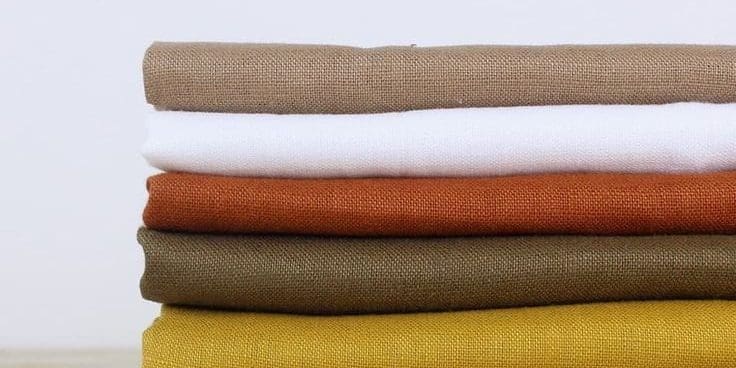Jute commissioner of India Moloy Chandan Chakrabortty recently enforced the Jute and Jute Textiles Control Order, 2016, to liquidate stocks and prevent any unaccounted accumulation of the fibre. In an order dated June 1, he directed traders, dealers and stockists of raw jute to liquidate their holdings by June 10. The mills have been asked to take physical delivery of raw jute by June 25.
The decision was the result of an unabated rise in raw jute prices.
The order also said there will be no fresh contracts from any source between June 11 and July 20.
Those who fail to comply with the provisions of this order, will be punished under “clause 11 of the Jute and Jute Textiles Order, 2016 read with section 7 of the Essential Commodities Act, 1955 which provides for imprisonment and/or fine”, Chakrabortty said in the order, which came a few days after a meeting between industry and state government officials.
The average price of monthly raw jute, which was around ₹4,700 per quintal in July 2020, has shot up to ₹8,047.06 per quintal as of May 22.
A section of the industry is also engaging in speculation that is having an inflationary effect on the crop price. According to members of the Indian Jute Mills Association (IJMA), 16 mills have already closed down because of raw jute scarcity affecting the employment of around 50,000 workers, a top English-language daily from east India reported.
There are also differences over the quantum of stock that can be liquidated under the latest order. While traders estimate that a little over 1 lakh bales can be squeezed out through the order, government officials estimate the number to be at 3-5 lakh bales.
There are also differences over jute supply figures. IJMA estimates a total jute supply for crop year 2020-21 at 74.5 lakh bales with no surplus stock. A committee chaired by the jute commissioner has forecast a supply of 80 lakh bales with a surplus stock of 5 lakh bales.

